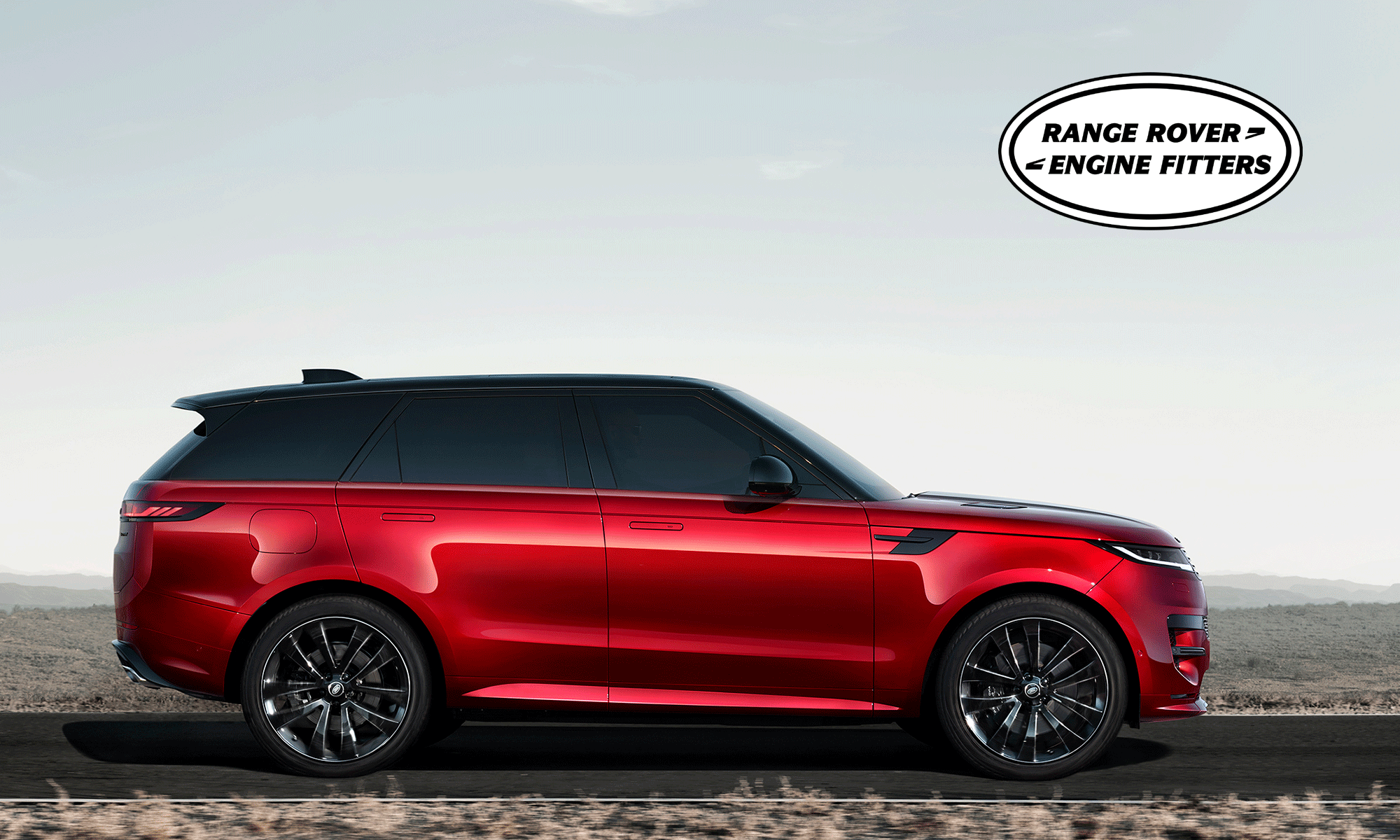The automotive industry has witnessed remarkable technological advancements over the years, and Range Rover has consistently been at the forefront of this evolution. Among the notable developments is the Range Rover 2.0 engine, which encapsulates a range of cutting-edge technologies aimed at enhancing performance, efficiency, and driving experience. We delves into the various technological innovations integrated into the RangeRover 2.0 engine, highlighting their contributions to the vehicle’s overall excellence.
Advanced Turbocharging Technology
Turbocharging technology is a cornerstone of the Range Rover 2.0 engine, significantly enhancing its power output without compromising efficiency. By forcing more air into the combustion chamber, turbochargers enable a smaller engine to produce power comparable to larger engines. The turbocharger in the Range Rover 2.0 engine is meticulously engineered to reduce lag, ensuring immediate throttle response and a smoother acceleration curve. This advancement not only boosts the engine’s horsepower but also enhances fuel economy, making the Range Rover 2.0 engine both powerful and efficient.
Direct Fuel Injection System
The direct fuel injection system is another pivotal technology in the Range Rover 2.0 engine. This system delivers fuel directly into the combustion chamber, allowing for more precise control over the fuel-air mixture. The result is improved combustion efficiency, which translates to better fuel economy and reduced emissions. Additionally, direct injection technology enhances the engine’s responsiveness and performance, providing a more exhilarating driving experience. By optimizing fuel delivery, the Range Rover 2.0 engine achieves a delicate balance between power and efficiency, setting a benchmark in the luxury SUV segment.
Variable Valve Timing (VVT)
Variable Valve Timing (VVT) technology plays a crucial role in maximizing the Range Rover 2.0 engine’s performance across different driving conditions. VVT adjusts the timing of the engine’s intake and exhaust valves to optimize performance and efficiency. This dynamic adjustment allows the engine to deliver optimal power when needed while maintaining fuel efficiency during lighter loads. The Range Rover 2.0 engine’s VVT system ensures smooth power delivery, improved torque, and reduced emissions, contributing to a refined and eco-friendly driving experience.
Lightweight Construction Materials
The use of lightweight construction materials in the Range Rover engine is a testament to the brand’s commitment to performance and efficiency. By incorporating advanced alloys and composites, engineers have managed to reduce the engine’s overall weight without compromising its strength and durability. This weight reduction translates to improved vehicle dynamics, better fuel economy, and enhanced handling. The lightweight construction of the Range Rover 2.0 engine exemplifies the seamless integration of performance and efficiency, highlighting the brand’s innovative approach to automotive engineering.
Enhanced Cooling Systems
Efficient cooling is essential for maintaining the performance and longevity of an engine, and the Range Rover 2.0 engine boasts an advanced cooling system designed to meet this requirement. The cooling system employs high-performance radiators and optimized airflow management to dissipate heat effectively. This ensures that the engine operates within the optimal temperature range, even under demanding driving conditions. The enhanced cooling system not only prevents overheating but also contributes to the engine’s reliability and durability, reinforcing Range Rover’s reputation for building robust and high-performing vehicles.
Intelligent Stop-Start Technology
The intelligent stop-start technology integrated into the Range Rover 2.0 engine exemplifies the brand’s focus on efficiency and environmental responsibility. This system automatically shuts off the engine when the vehicle comes to a stop and restarts it when the driver releases the brake pedal. By reducing idle time, the stop-start technology significantly lowers fuel consumption and emissions, especially in urban driving conditions. The seamless operation of this system ensures that the driver experiences no inconvenience, while the overall efficiency gains contribute to a greener driving experience.
Advanced Engine Management Systems
The Range Rover 2.0 engine is equipped with sophisticated engine management systems that oversee and optimize various aspects of engine performance. These systems utilize a network of sensors and electronic control units (ECUs) to monitor parameters such as air-fuel ratio, ignition timing, and exhaust emissions. By continuously adjusting these parameters in real-time, the engine management systems ensure optimal performance, fuel efficiency, and emissions control. This intelligent management enhances the overall driving experience, providing smooth power delivery and precise control under various driving conditions.
Hybrid Integration Capabilities
In line with the automotive industry’s shift towards electrification, the Range Rover 2.0 engine is designed with hybrid integration capabilities. This allows for the seamless incorporation of electric motors and battery systems to create a hybrid powertrain. The hybrid setup enhances fuel efficiency, reduces emissions, and provides additional torque when needed. By integrating hybrid technology, Range Rover offers a versatile and future-ready engine platform that aligns with global sustainability goals. The hybrid capabilities of the Range Rover 2.0 engine ensure that it remains relevant and competitive in an evolving automotive landscape.
Conclusion
The RangeRover 2.0 engine stands as a testament to the brand’s commitment to innovation, performance, and sustainability. Through the integration of advanced technologies such as turbocharging, direct fuel injection, variable valve timing, and hybrid capabilities, Range Rover has created an engine that excels in power, efficiency, and environmental responsibility. The use of lightweight materials, enhanced cooling systems, intelligent stop-start technology, and sophisticated engine management systems further solidify the engine’s position as a leader in the luxury SUV segment. As the automotive industry continues to evolve, the Range Rover 2.0 engine exemplifies the harmonious blend of cutting-edge technology and engineering excellence, setting a new standard for performance and efficiency in the realm of luxury vehicles.

